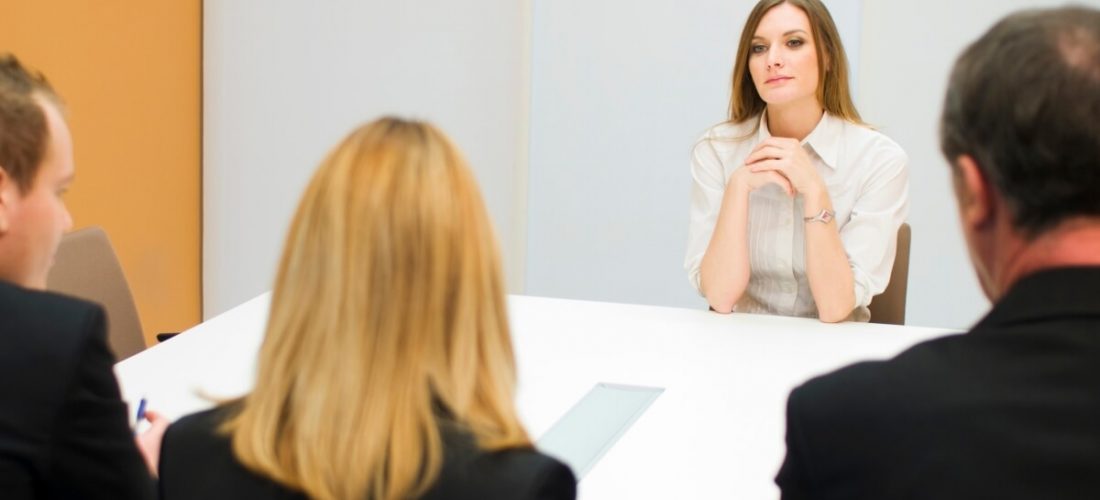Job interviews are your chance to tell a potential employer you can do the job you’ve applied for. But before you even speak a single word, the interviewer will have formed their first impression of you thanks to your body language. No matter how good your answers, if your body language in job interviews lets you down it’s unlikely you’ll get the job.
Why body language in job interviews matters
Recognising and controlling your body language can help increase your chances of getting a job.
Research shows that 93% of communication is non-verbal. In just a few seconds we make an assessment about someone based on not just WHAT they say, but HOW they say it. With your body language you can appear:
- Insecure or confident.
- Enthusiastic or jaded.
- Truthful or dishonest.
Employers often use body language to determine whether someone will be the right fit for their organisation. Consciously or unconsciously, they look for signs. Body language can signal whether you not only have the skills and experience to do the job but you’re also aligned with their corporate culture.
Follow our simple to master body language tips and give a good impression during your job interview.
Before the interview
Body language begins before you step into the interview room. It is important to take dress appropriately for the organisation. This shows you care about your appearance and will ‘fit in’ with the corporate culture.
An interview for a job is an important appointment, so make sure you are on time otherwise this could send out a message about your poor timekeeping. You should allow plenty of time for potential problems such as missing the bus or traffic jams on route. It’s far better to arrive too early than late.
Always treat respectfully all the employees you meet, and not just the interviewers. Receptionists are often asked for their impression of potential employees. Introduce yourself confidently and don’t appear nervous.
During the interview
In the interview itself, wait for the other person to take the initiative and offer a handshake. Demonstrate your confidence with a firm, but not too powerful handshake and look straight at the other person. If you’re introduced to other interviewers sitting at a table, walk around the table to shake their hands rather than leaning over the table.
Maintain an open body posture by sitting up straight but relaxed in your chair. This shows you’re listening but avoids you looking nervous or uncomfortable. Try not to fold your arms across your body, as this can be interpreted as being aggressive and defensive.
Remember to make and maintain eye contact with the interviewer. Look directly at them, and smile and nod occasionally to show you’re listening to what’s being said. When the interviewer says something particularly interesting, turn a little towards them and lean forwards slightly. This demonstrates your understanding of, and agreement with, what they are saying.
You may want to ‘mirror’ the interviewer’s body language. Adopt their posture or follow their movements e.g. leaning in and back when they do. This can show your empathy with the interviewer but don’t go overboard as it can look unnatural.
Movement, such as nodding or moving your hands while speaking, can support your words or add meaning to them. It’s best not to use too many hand movements as it can make you appear nervous. Inadvertent movements such as shuffling your feet, playing with hair or drumming your fingers can also make you seem stressed and can be irritating to others.
